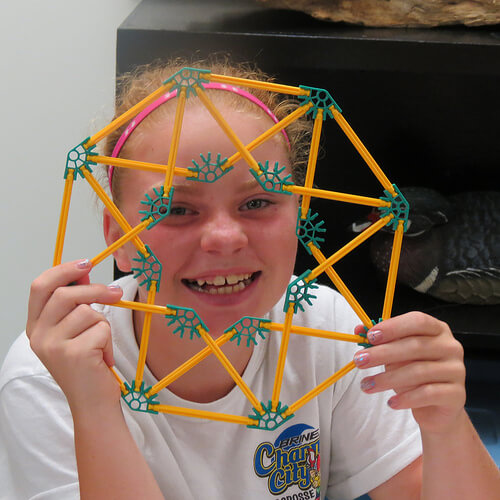A student tutor can improve their own learning by tutoring others
Students who learn by sitting in a classroom might think they know what they just learned, but do they really? The best way to ensure that you know how to do something is to teach someone else to do it. Here are 3 ways a student tutor can gain a deeper understanding of a subject by tutoring someone else.
1. Have the student tutor a younger sibling
If your child is learning a challenging new subject you can help them learn it better by asking them to tutor their younger siblings. This is a benefit of having a multi-child family, but student tutors don’t have to be limited to tutoring their own family members.
2. Arrange for student tutoring sessions in your neighbourhood
A neighbourhood is full of children of all ages who are all at different levels in their education. This type of situation can be used for the benefit of the students by arranging student tutoring sessions with the other children in the neighbourhood. An older student tutoring a younger student is an arrangement that will not only help the younger student learn but it will also help the older student fully grasp the concept. They have to learn it in order to be able to teach it.
3. Create role playing opportunities for the student to tutor someone else
For tutors who come to a student’s home for tutoring sessions sometimes even more learning can happen when the roles are switched. Turning a tutoring session into a teaching opportunity for the student to teach what they are learning rather than solely learning from the tutor is simple. Just ask the student to give a lesson that teaches the new topic that they have just learned. By role-playing what would happen during an actual student tutoring session they will still get the same benefits by explaining the lesson to their tutor. This will help them see what they still are not clear about so the tutor can help them grasp the concept more.
Teaching as a way to enhance learning can be done in virtually any situation. If the student can explain the new subject or skill and help someone else to grasp the concept then they have surely mastered the lesson themselves. Being able to teach what they are learning will give the student a sense of accomplishment as well as a deeper understanding of the subject. Give your child a chance to be a student tutor. Whether it’s at home or in the community they are sure to learn more as they tutor others!


